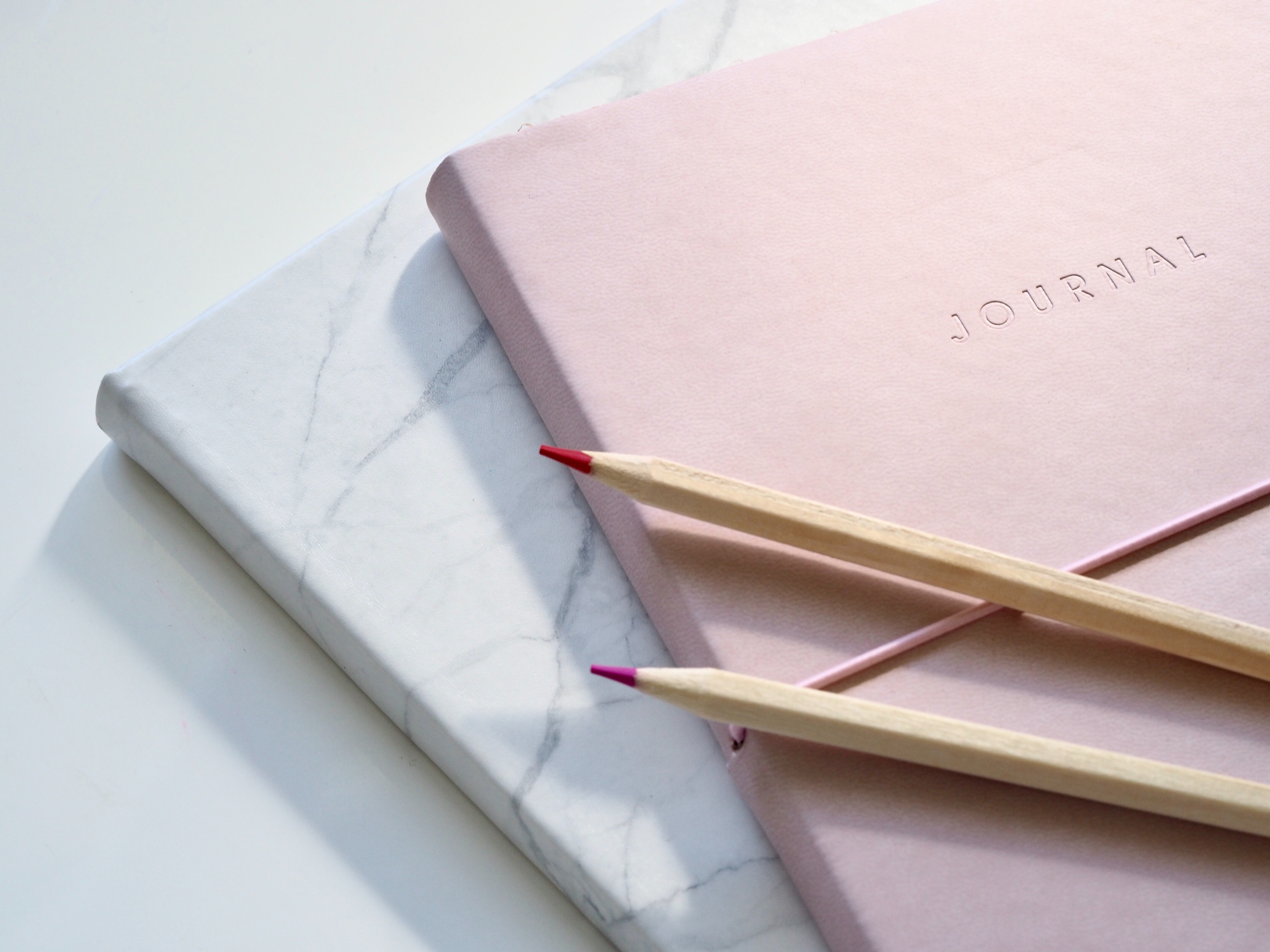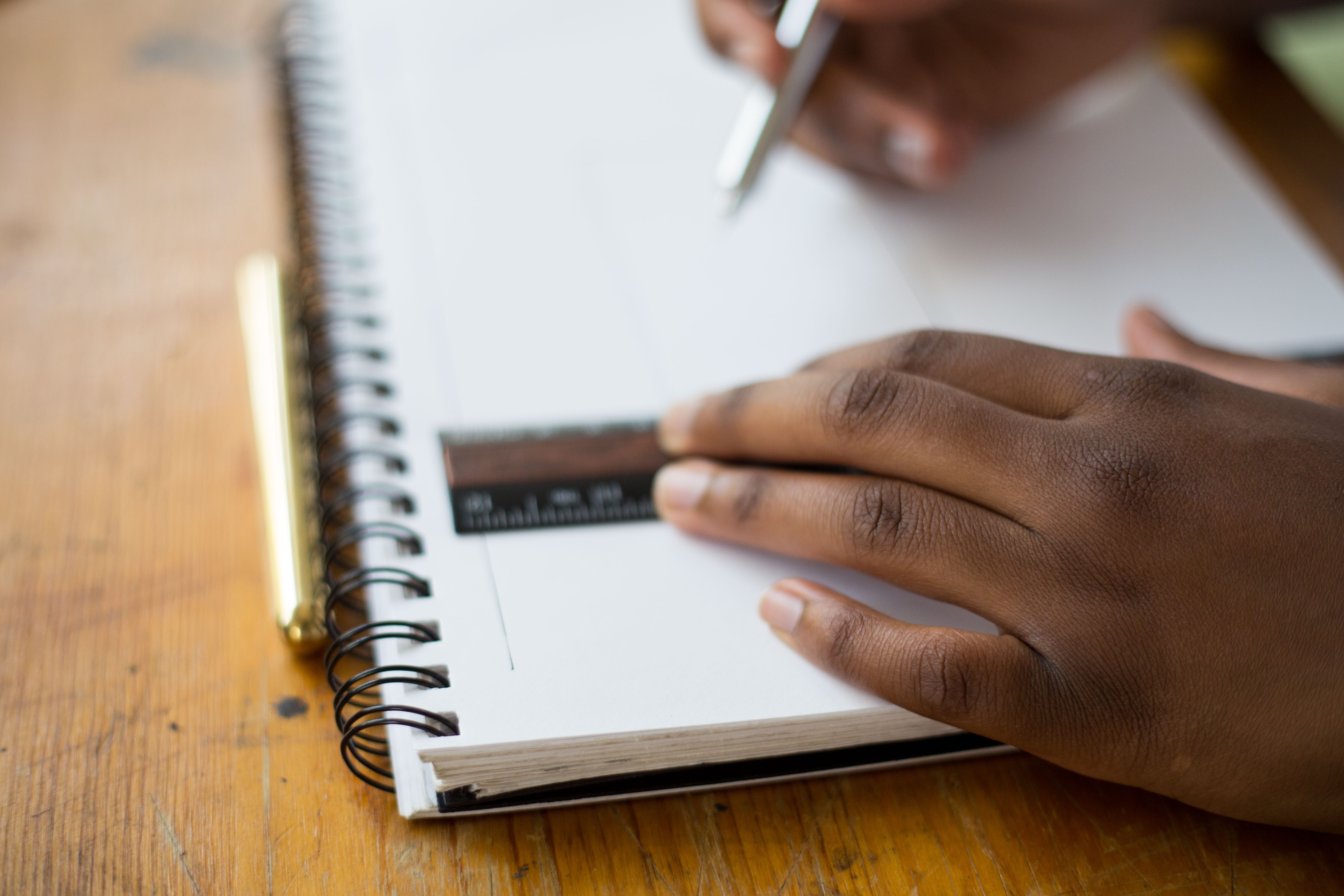Journal Your Way To Happiness
You’ve probably heard already that keeping a journal is a good habit to pick up. So are you doing it?
Besides the myriad of benefits of sitting down with pen and paper on a regular basis, one of the main ones is that it helps you become more mindful, more aware and clear of your thoughts, intentions, emotions.
Journaling brings you into that state of mindfulness; past frustrations and future anxieties lose their edge in the present moment. It calls a wandering mind to attention, from passivity to actively engaging with your thoughts.

How to do it:
To help with your mindfulness, with getting clear with your intentions and emotions, it’s best to start a journaling routine, where you write every day, or at least three times a week. About what to write: you can talk about your activities during the day and what you learned from them, about your decisions, but most of all, write about the truth, what you believe your place in this world is, the truth inside of you.
As for writing about your special experiences: this can be much less frequent. In fact, you don’t have to write down every meditation, but do make a journal entry when you had something out of the ordinary happen. A special dream, a special vision, a seeing, write these down.
“We won’t be writing for a future audience.
We can be truthful, honest and clear.”
-Rama Dr. Frederick Lenz

We need to publish our experiences to the skies. We do this in our journal. No one reads the journal but us, so we don’t have to impress anyone with our style. We don’t have to hope that someday someone will discover it, publish it, and think how wonderful we were. We’ll let it leave the world when we die. Therefore, we’re free to write as we really are. Because no one would read it but ourselves–we’re writing for ourselves–then the journal will be free of egotism. We won’t be writing for a future audience. We can be truthful, honest, and clear.
Rama says the following: “I suggest that you do them in a story form. If you don’t have time, just make notes. But it’s very important to do it as close to the experience as possible, because the further away you get from the experience the more of the power you’ll lose. If you can, write it down that night or the next day, that’s the best because you’ll compress more power. Then it’s very important to refine it. This is very important. It will compress a certain amount of power but as you go back over it and rewrite it, when you rewrite it you’re seeing it again, you’re looking beyond the words to the actual experience.”
